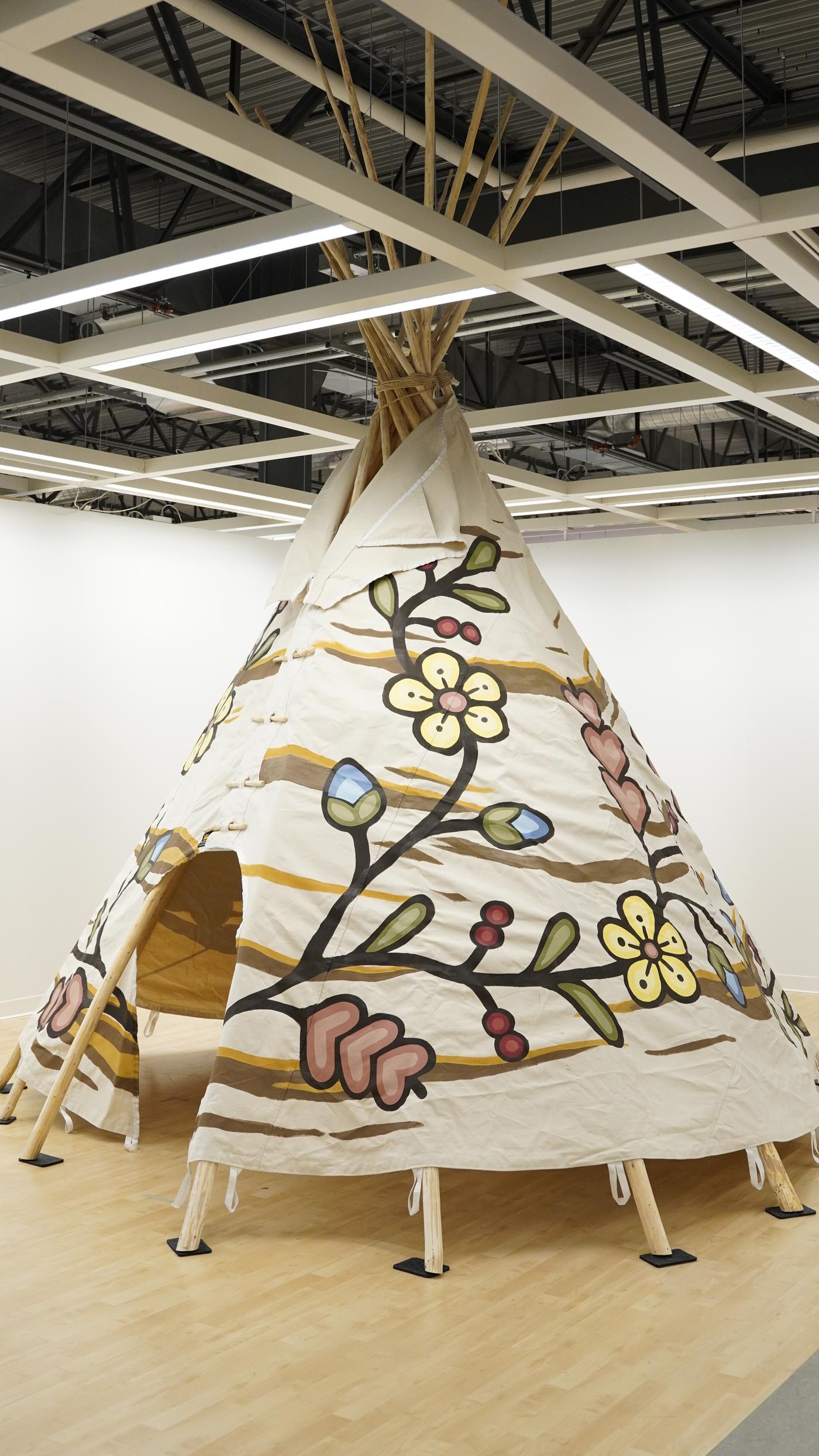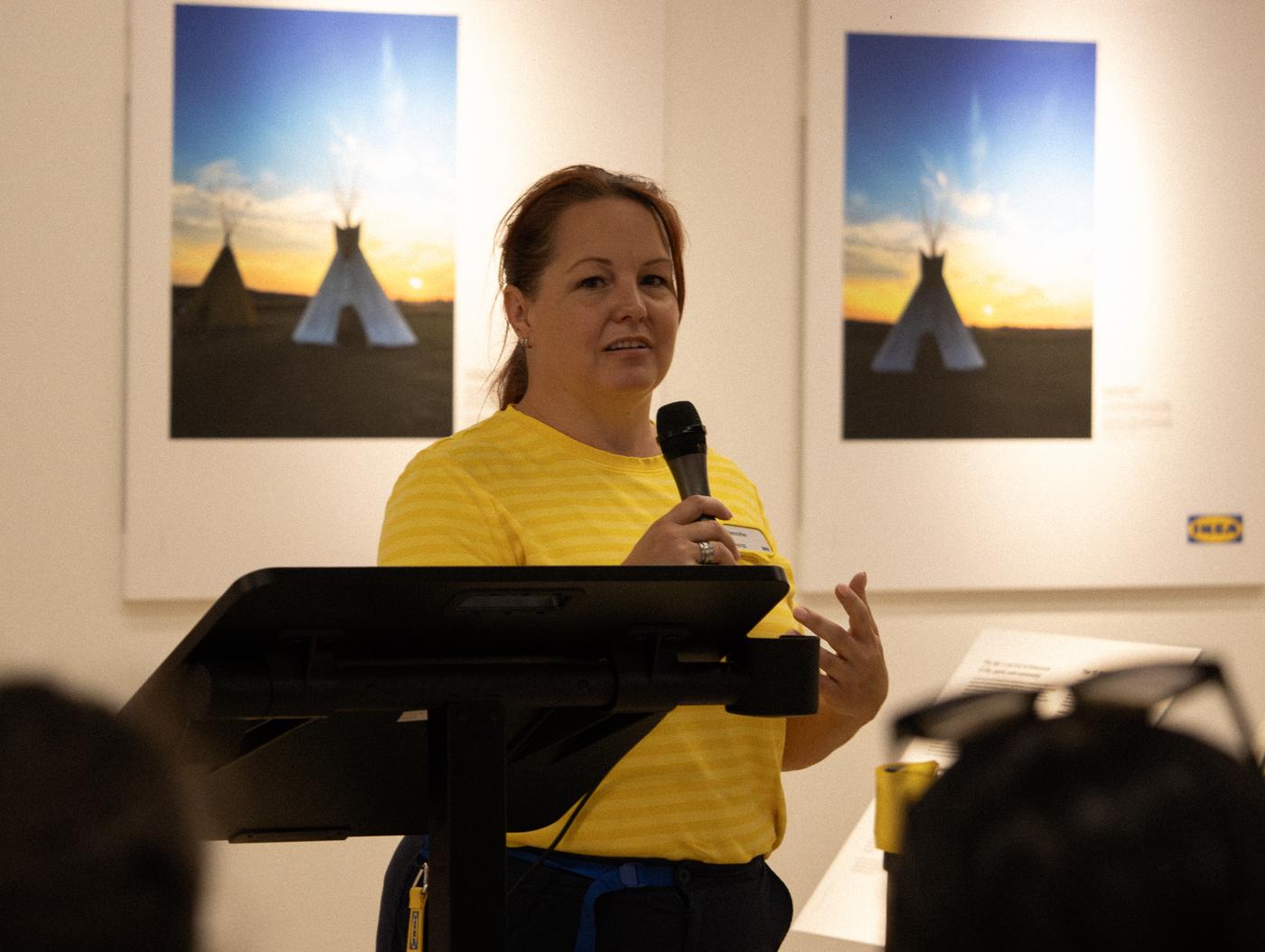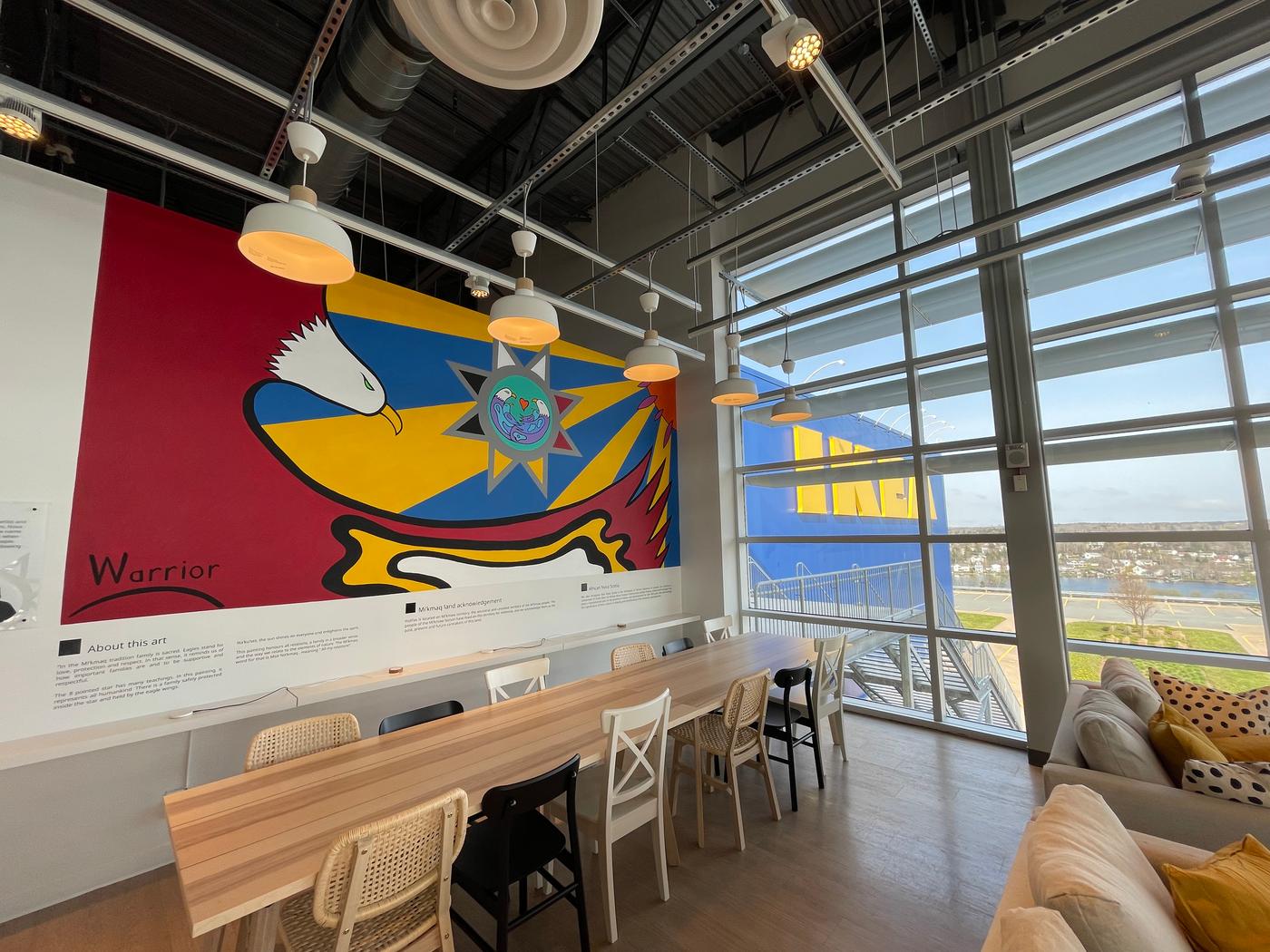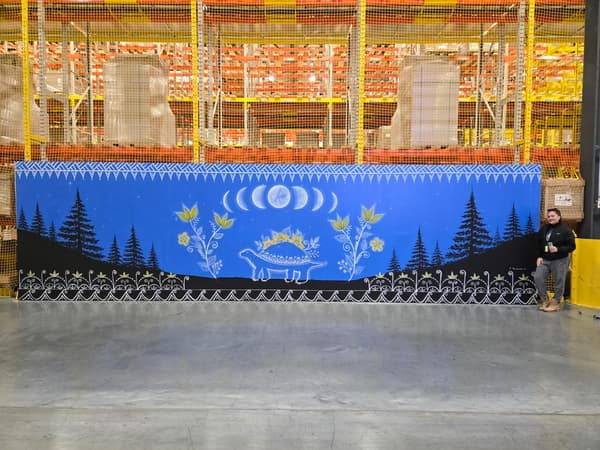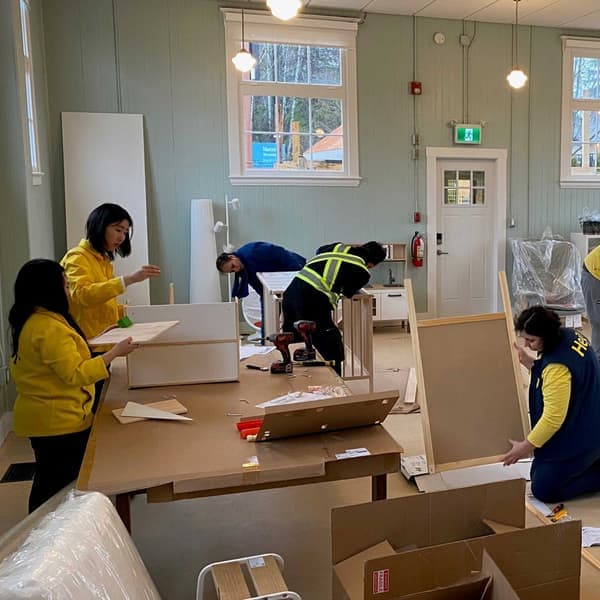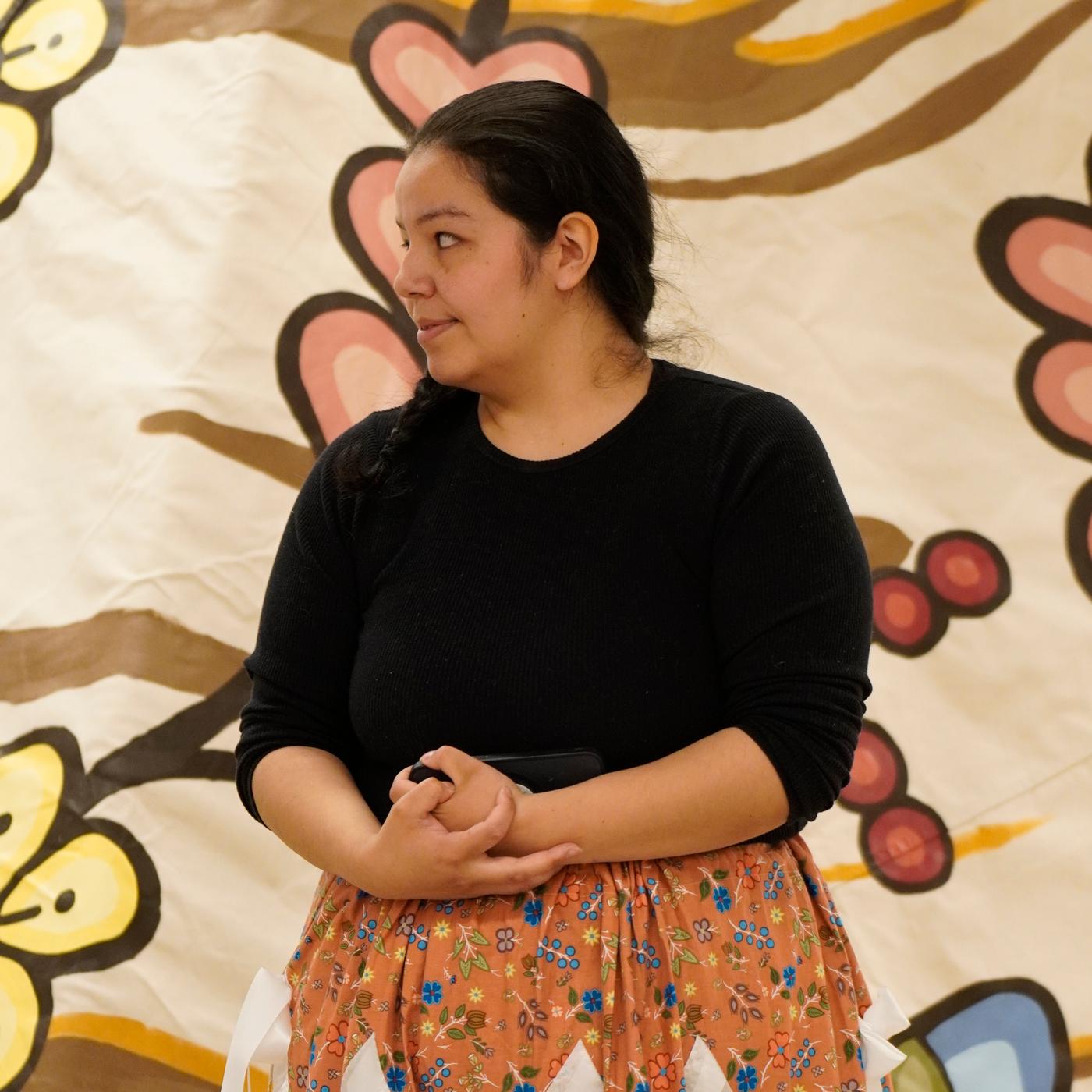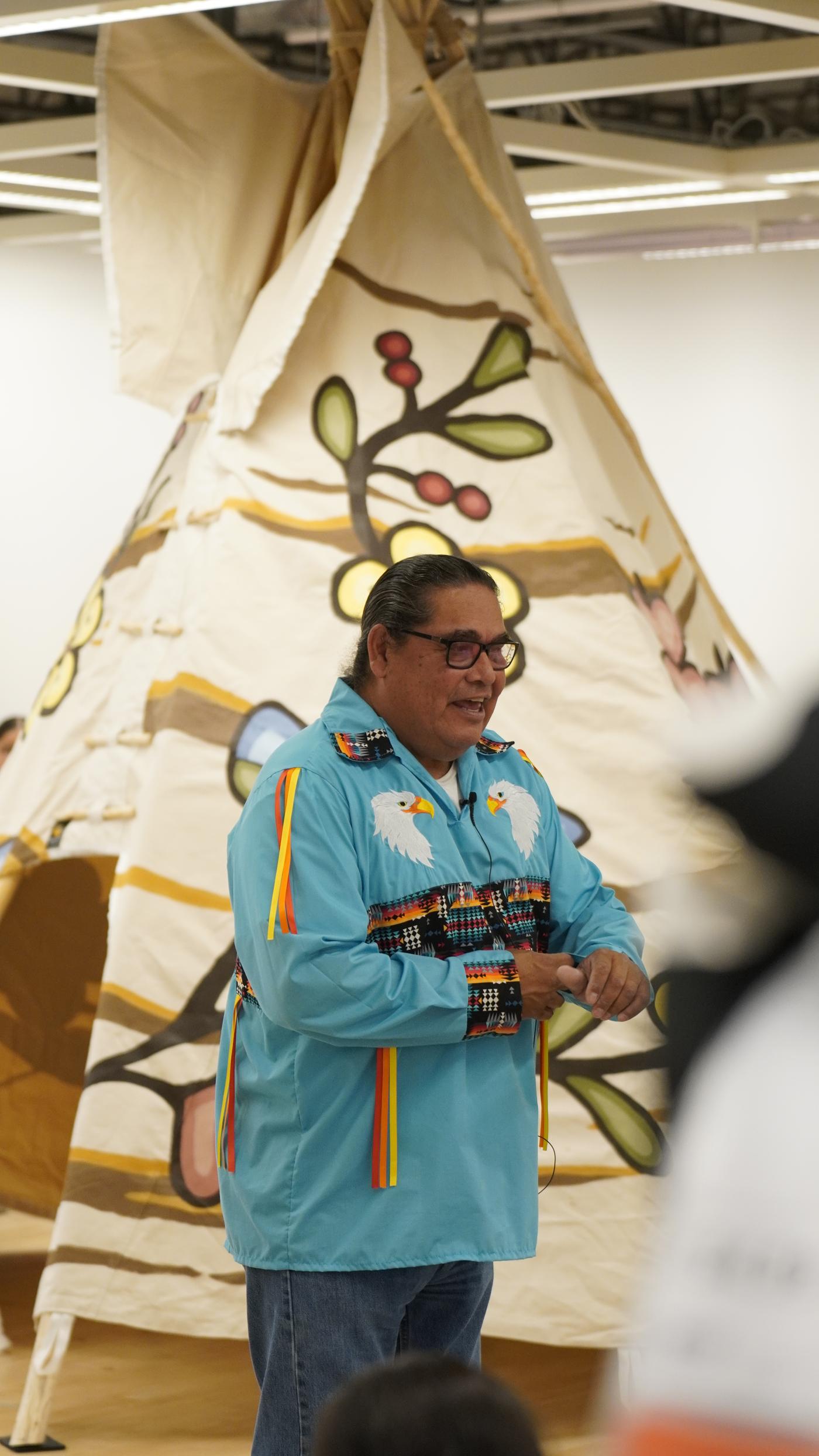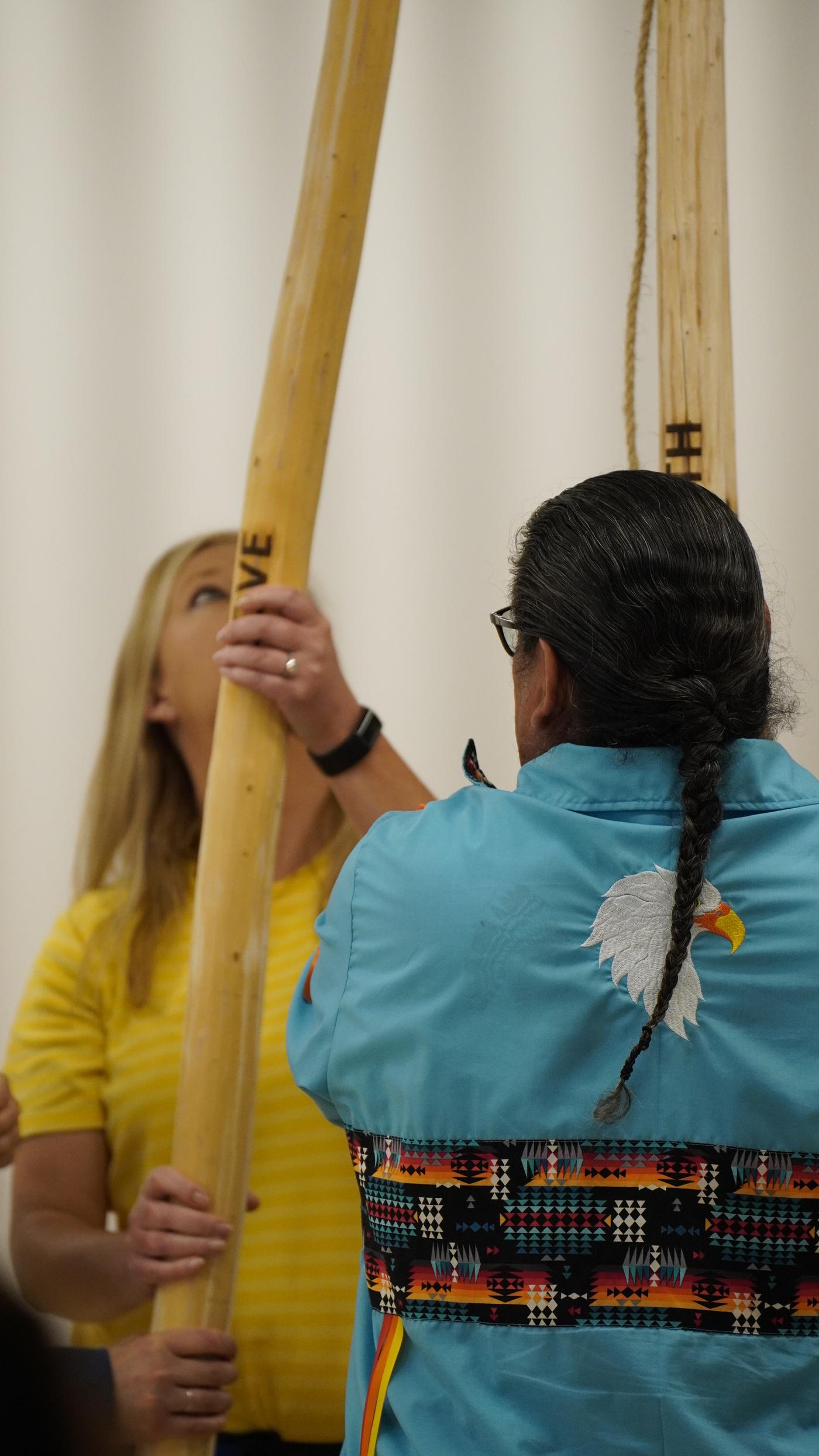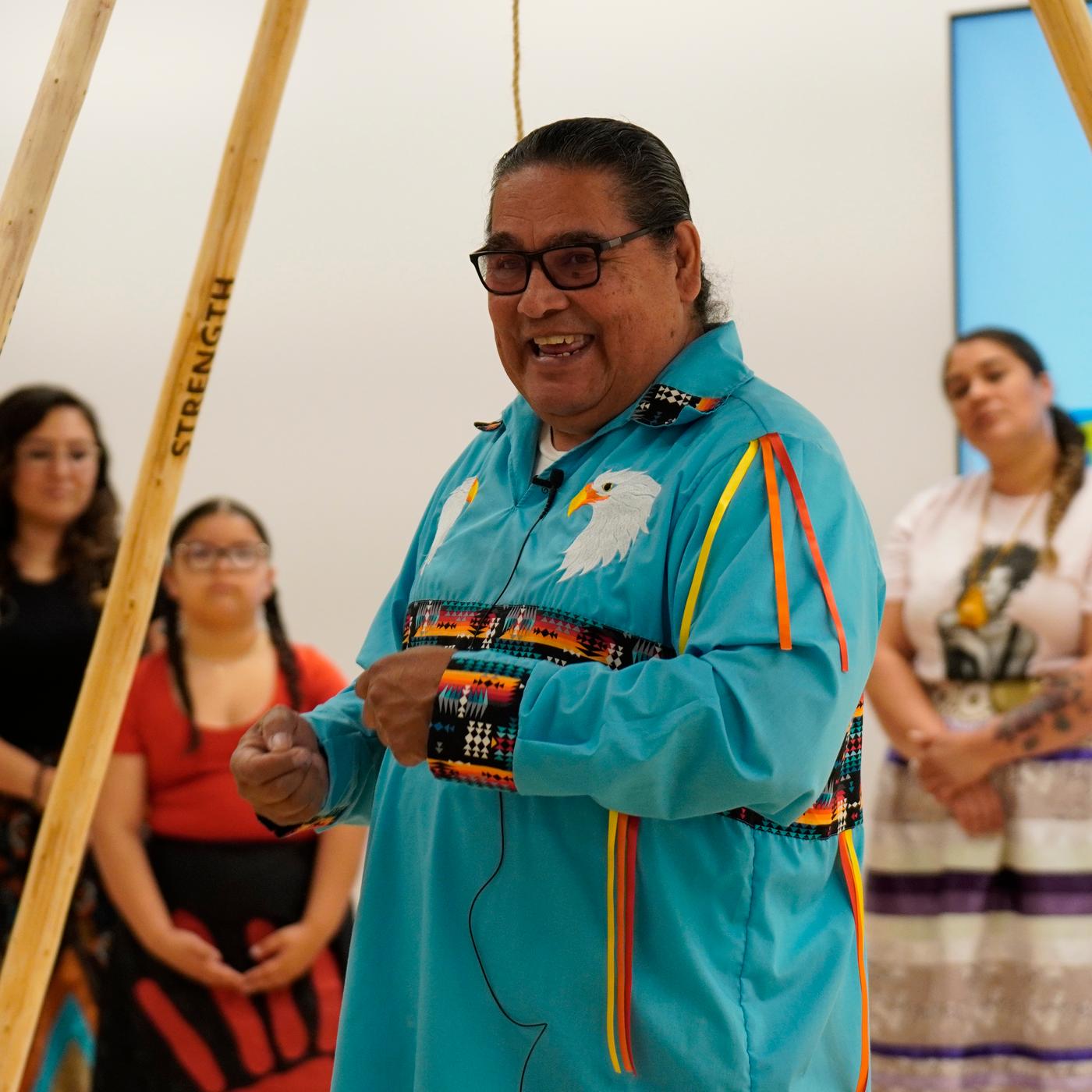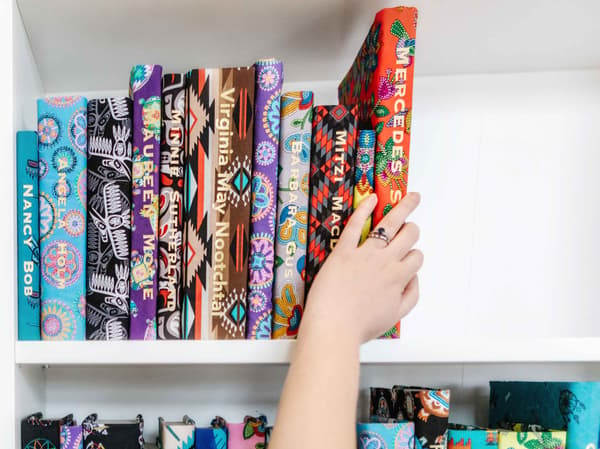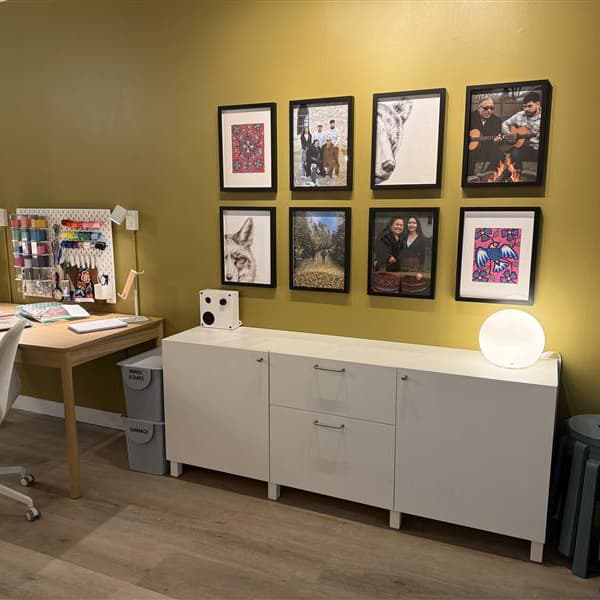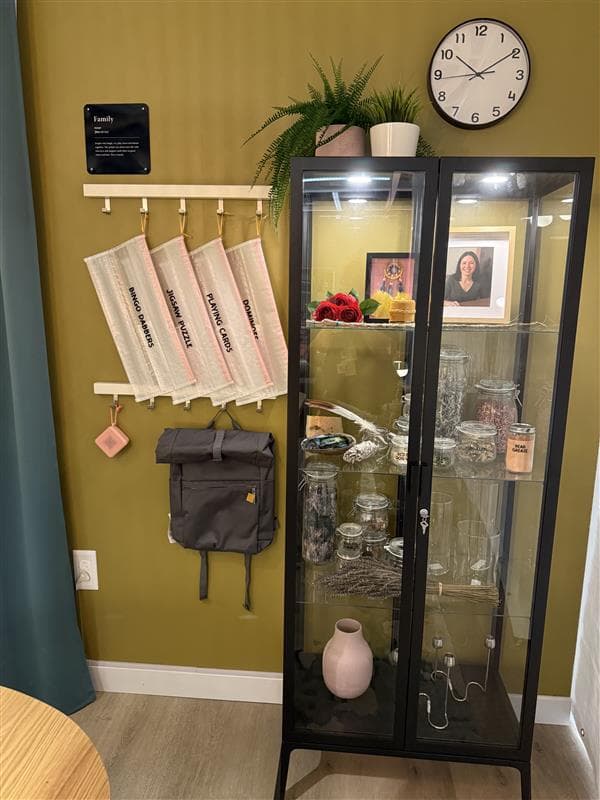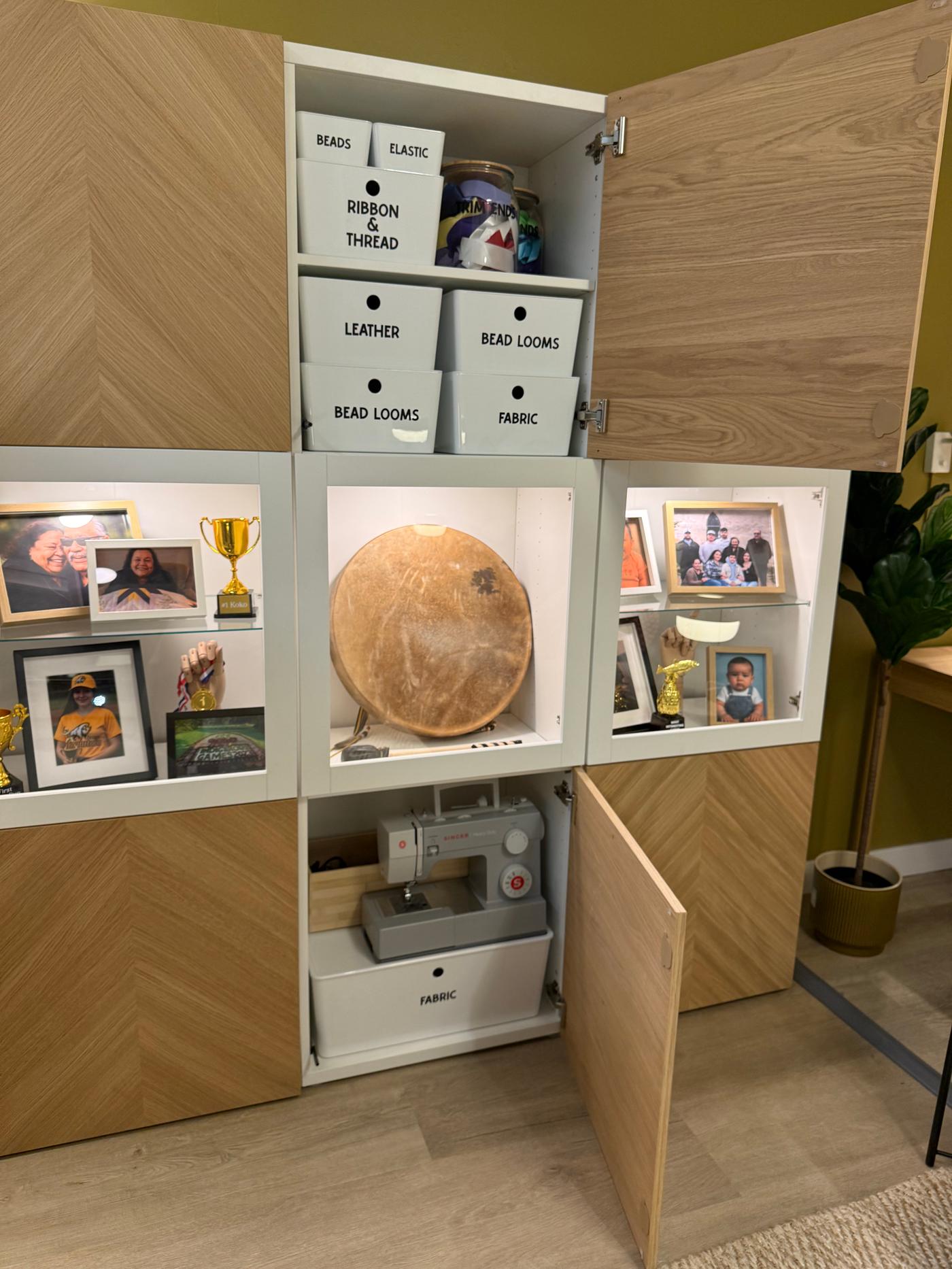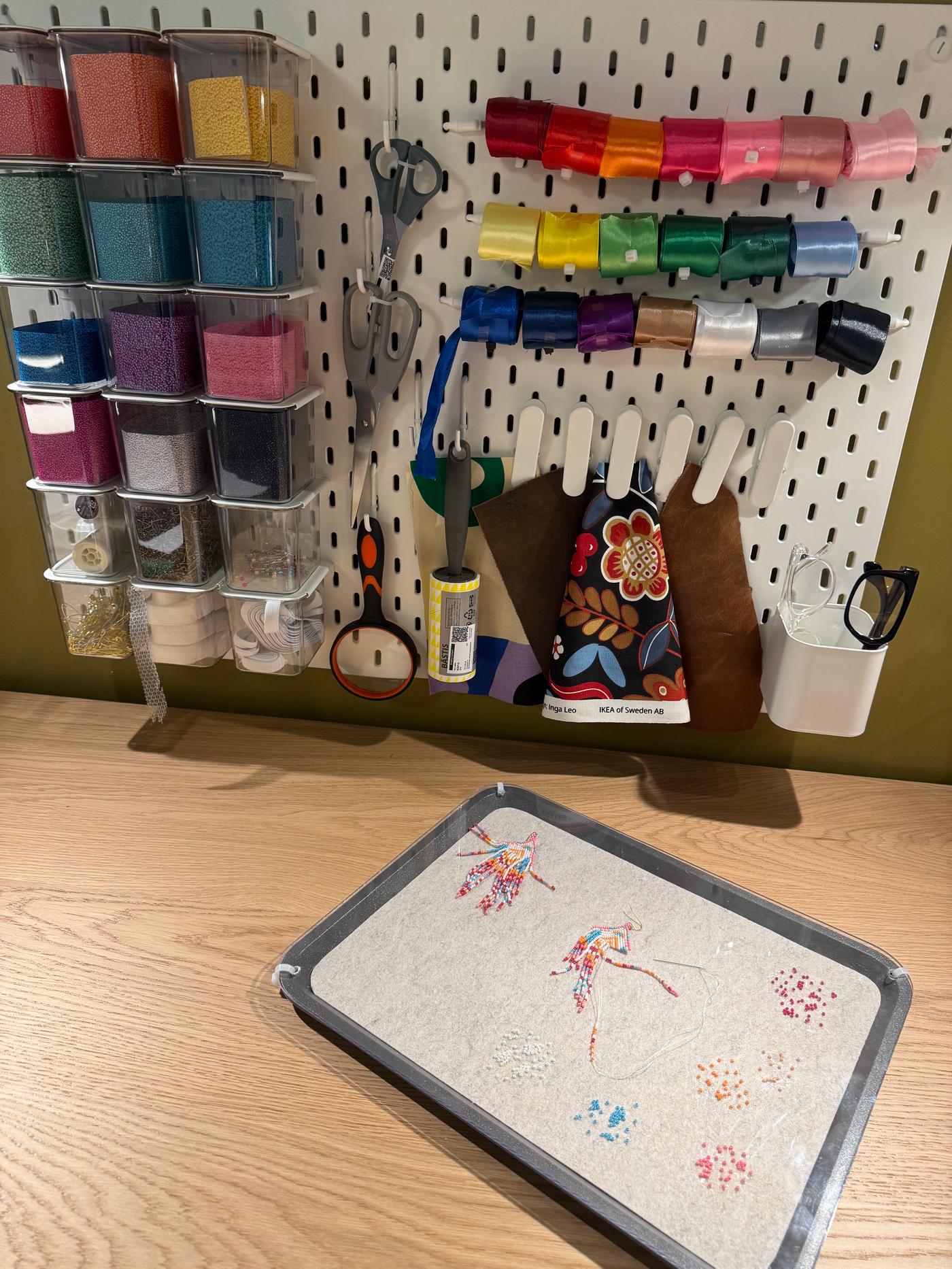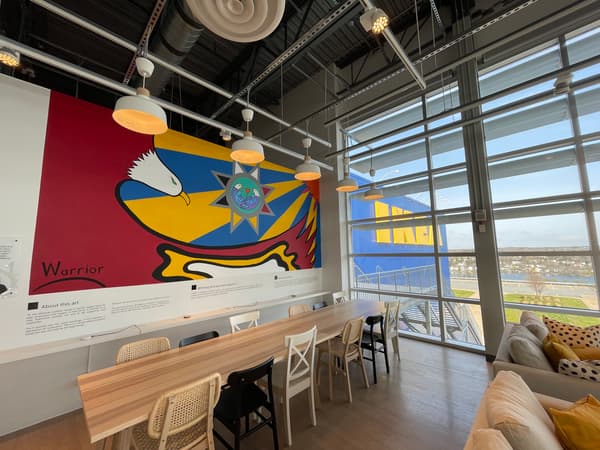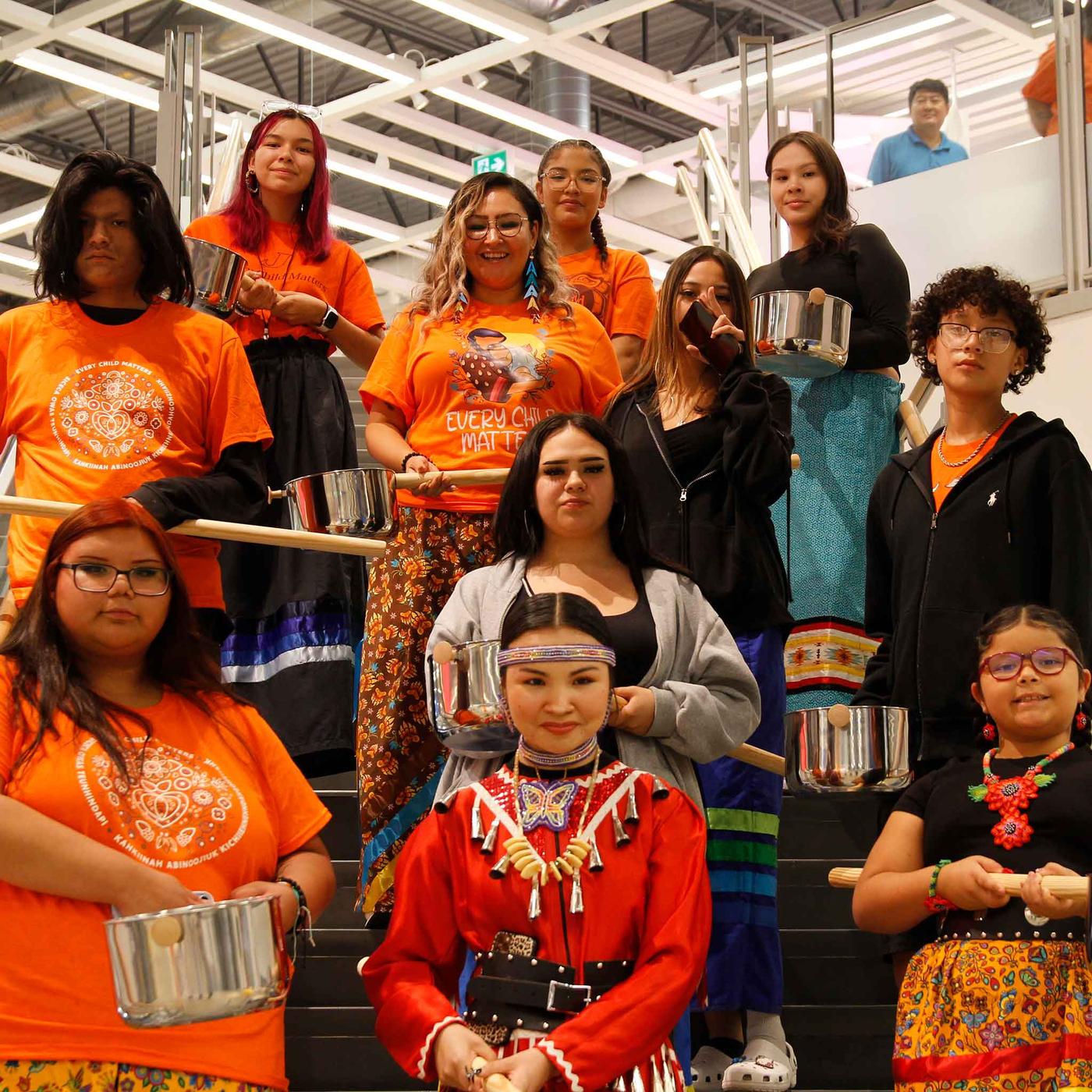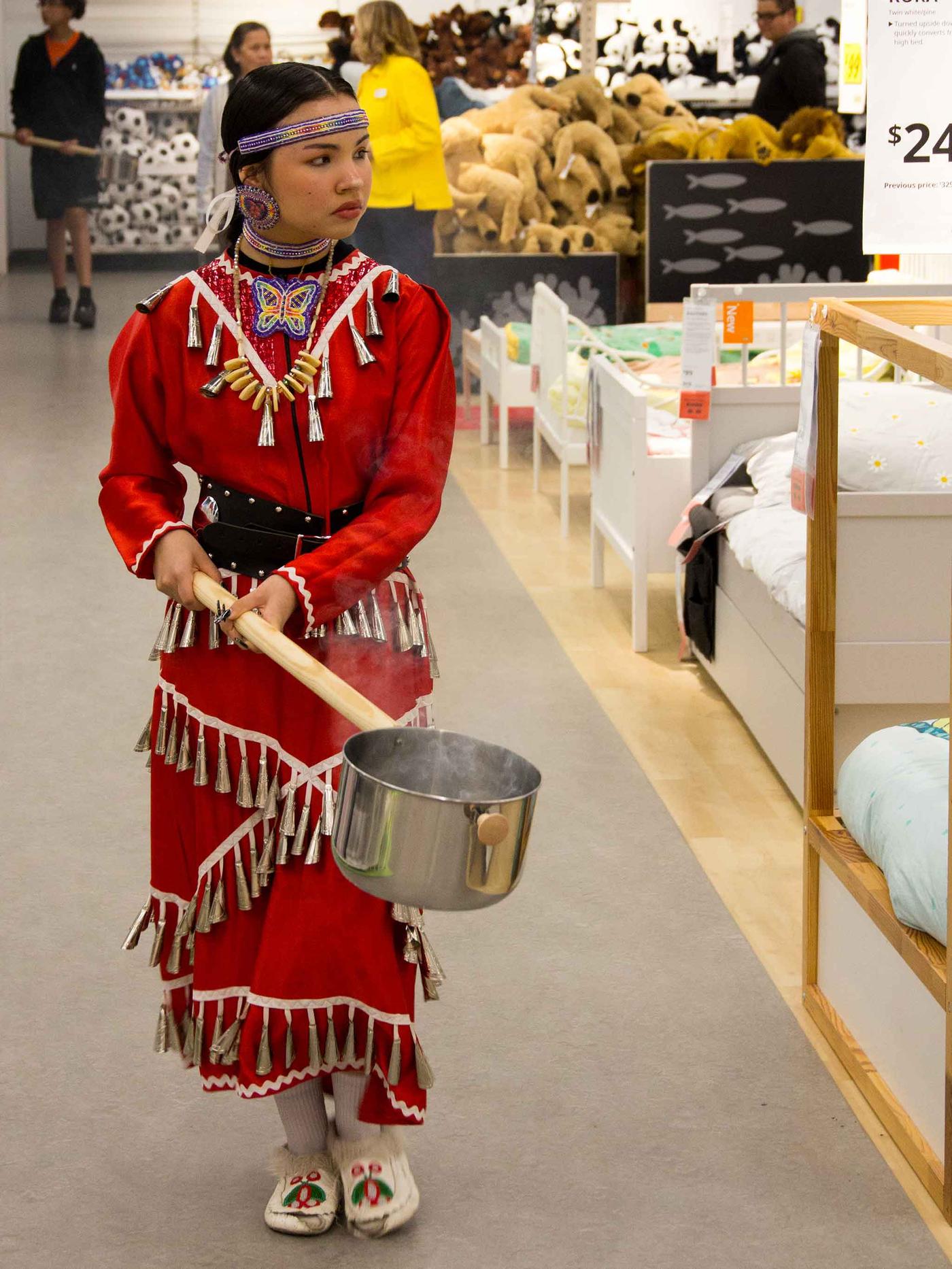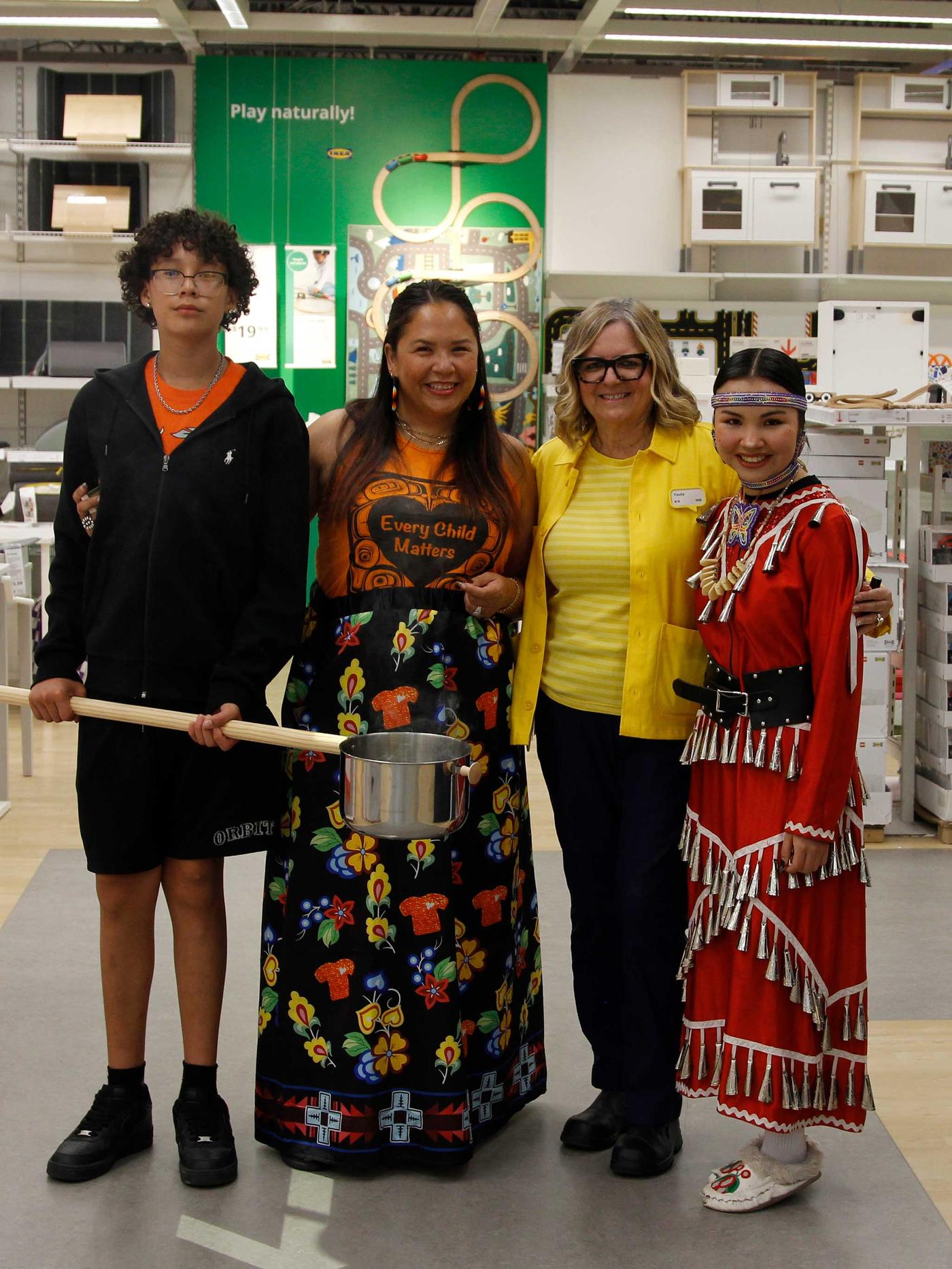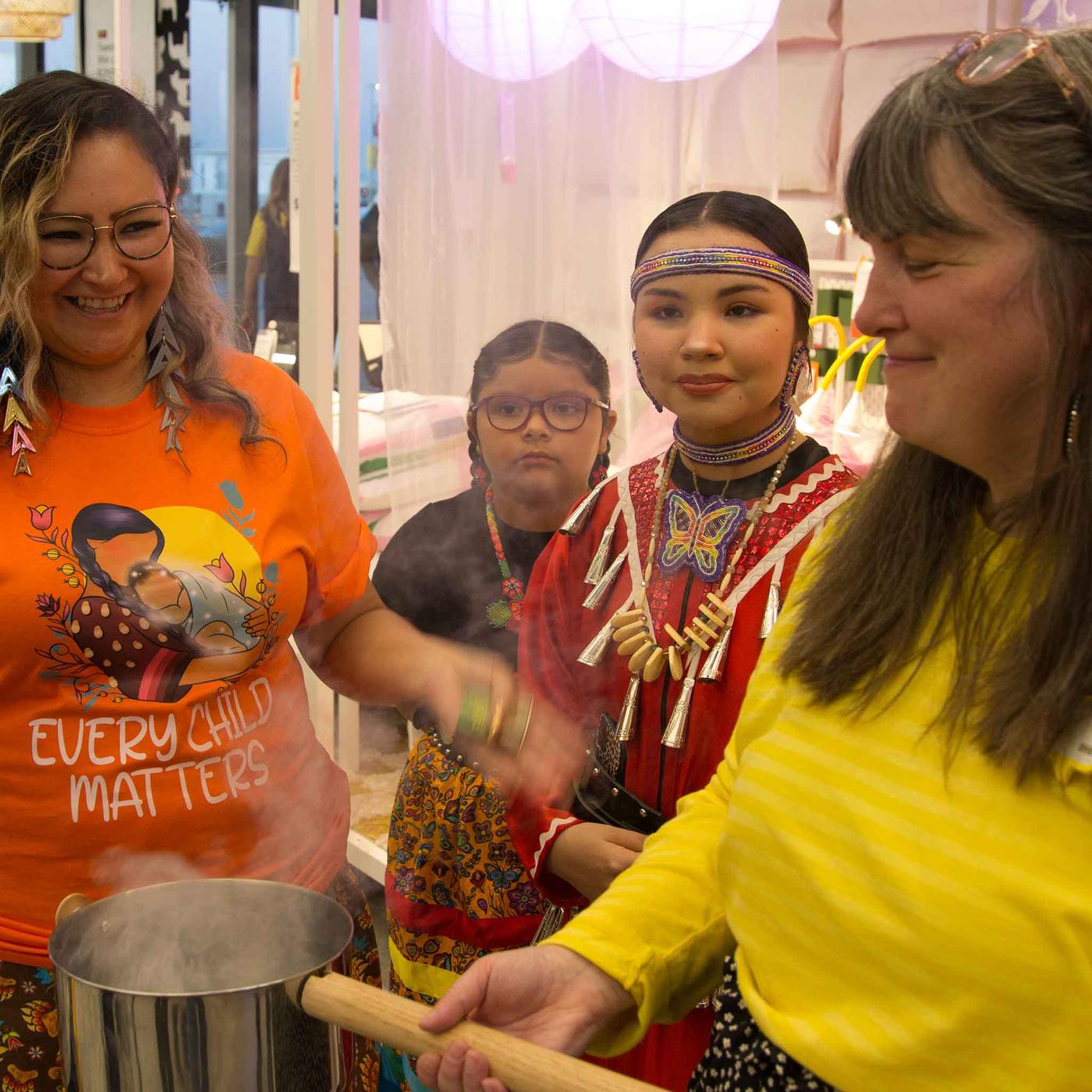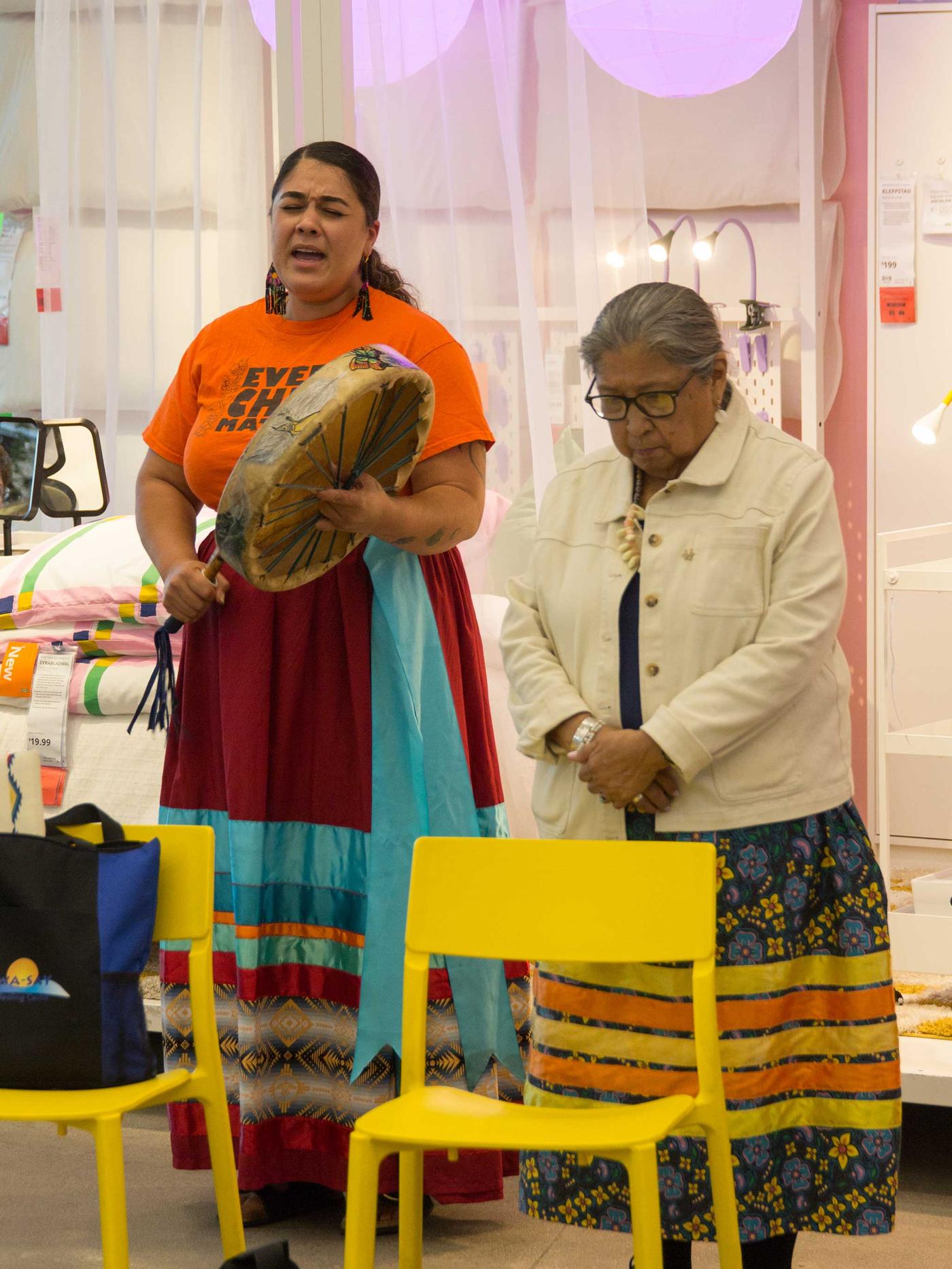The IKEA Canada Indigenous Reconciliation Strategy

Building trust, understanding, and cooperation
The Indigenous Reconciliation Strategy presents a long-term vision for IKEA Canada that respects the needs, values, and perspectives of Indigenous communities. Reconciliation is fundamentally about building positive and respectful relationships between Indigenous and non-Indigenous Peoples. Building trust, understanding, and cooperation takes time and ongoing engagement. IKEA Canada understands this and will continue to work towards Reconciliation in all levels through ongoing dialogue, collaboration, and relationship-building efforts.
Steps we can all take to learn more
National Reconciliation Program
We recognize that not all children’s rights are equally realized in Canada, and those most deprived of their rights are First Nations, Metis, and Inuit children. For children not to exercise their rights equally has devastating impacts on them, their families, communities, and nations. That’s why we are focusing our programs in Canada on reconciliation through a child-centred approach.

Our Indigenous Reconciliation Strategy unfolds under three key pillars:
Learning and Teaching
We are creating educational and learning opportunities for leaders and co-workers on Indigenous stories and the history of Indigenous Peoples, including the history and legacy of residential schools.
Conversation and Amplification
Reconciliation must move beyond inclusion and requires the acknowledgement of specific histories, experiences, and lived realities associated with and impacted by colonialism. We are conversing with Indigenous partners and working towards acknowledging Indigenous Peoples and their experiences in our units and on IKEA owned channels in a meaningful way.
Reciprocity
Beyond just being informed of Canada’s history, we must also be engaged in putting words and knowledge into action. We are working towards implementing change across the business through social entrepreneurs, access, mentorship, training, recruitment, and employment.
Showcasing Indigenous art in our stores

IKEA Beauharnois Distribution Centre
The IKEA Beauharnois Distribution Centre/Customer Distribution Centre (DC/CDC) commissioned local Indigenous artist Robin Tekaiakenhtha Marquis to transform an empty space in the warehouse into an impactful display of Indigenous art for co-workers and visitors to appreciate.
Robin Tekaiakenhtha Marquis created a stunning 26-foot by 8-foot mural featuring waters, the phases of the moon, plants, and trees—some of the many important elements highlighted in the Ohén:ton Karihwatéhkwen (Thanksgiving Address). She also incorporated IKEA colours to represent the start of their partnership, which has since resulted in a deeper understanding of the culture, values, and contributions of the Kahnawake community.
